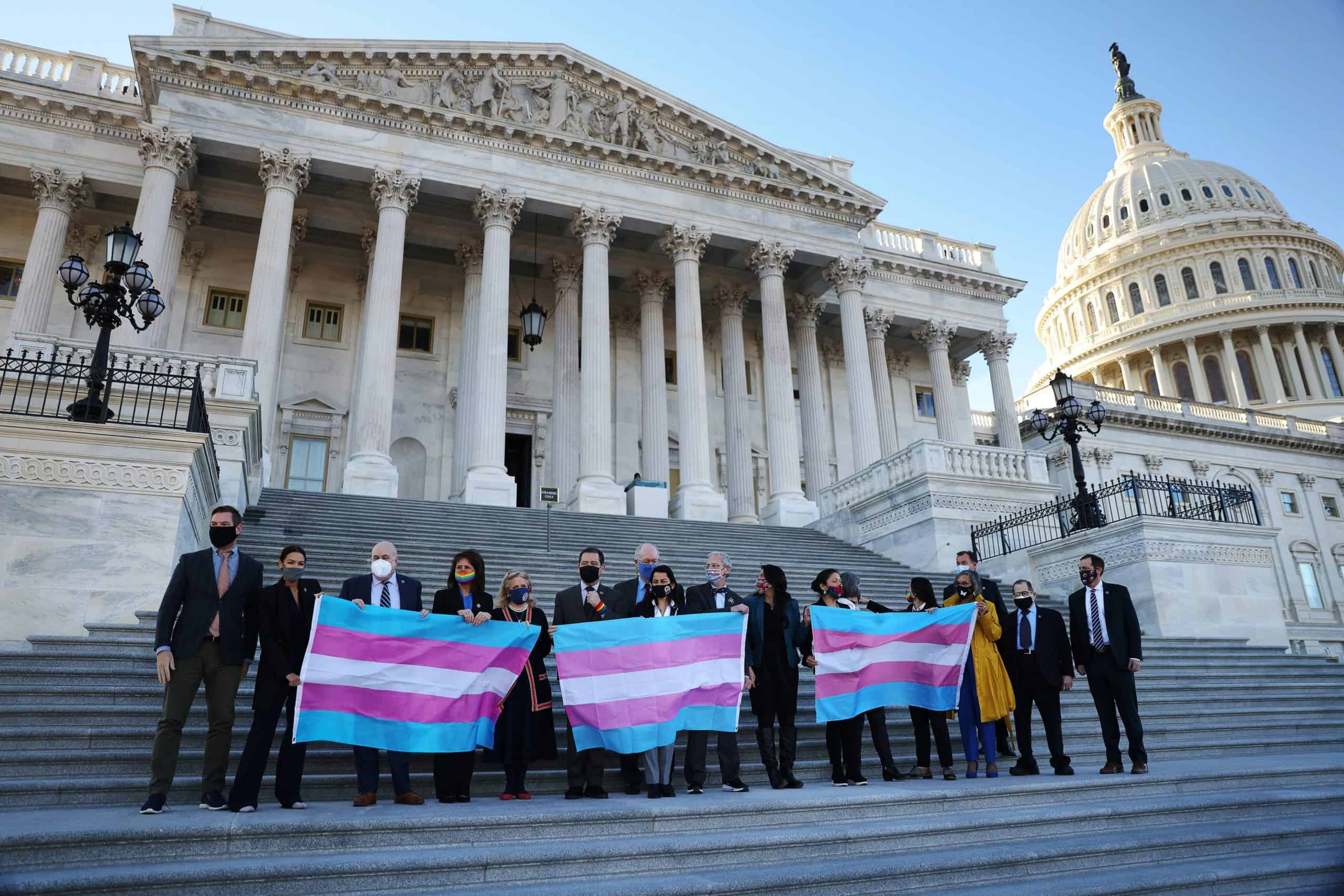“My parents just found my books,” a young student told me with a look of anguish on his face. I was a college teacher before I became a Jesuit, and I found that when I got to know students, they often wanted to share all sorts of trivial details from their life. Judging by the look on this student’s face, however, it was clear that this was not going to be a trivial conversation.
This was not my first interaction with this student, who I’ll call Kevin for the purposes of anonymity. In our previous meetings, I had learned that Kevin was from a conservative family and was in the process of coming to terms with his sexuality as a gay man. I followed our college’s procedures for handling these situations: listened to his story, referred him to Counseling and Psychological Services, and introduced him to the LGBT student center on campus.
As our conversation progressed that day, I learned that the books in question were about being gay. His parents’ discovery of his literary collection let them on to something he hoped would remain hidden from them, at least until he had finished college. A week later, Kevin stopped coming to class. And two weeks after that, I learned Kevin had withdrawn from his classes after being kicked out of his parents’ house.
Moments like those with Kevin are some of the most sacred and heartbreaking that a teacher can experience. Whether they are “coming out” by sharing something dramatic like their sexuality, their gender identity, their experience of abuse, their struggles with sexism, or something relatively mundane like their very real struggle to learn how to clean their dorm room, do their laundry or their breakup with a significant other—these are the moments to remove your shoes and recognize that where you stand is holy ground. I relished this privileged space as a teacher, a space made sacred by the vulnerability, trust, and honesty of young people.
I have been thinking a lot about Kevin, and others who have let me into the interior space of their coming out journey as I’ve listened to the discourse surrounding the Equality Act. Two weeks ago, the U.S. House of Representatives passed the Equality Act, which would expand legal protections under the Civil Rights Act of 1964 to include both sexual orientation and gender identity. In effect, the bill would legally prohibit discrimination against LGBTQ+ people at a federal level—particularly in the areas of housing and employment.
I think of what the Equality Act might mean to the young LGBTQ+ people like Kevin who are coming to terms with their gender and sexual identity. Whatever else the Equality Act is (and isn’t), perhaps it can be a recognition of the struggles gay and trans youth endure by their elected leaders.
Of course, the Equality Act still has a long way to go. It still needs to pass the U.S. Senate, where a Republican filibuster threatens its defeat. Equally important, Catholic leaders have objected to the legislation on political grounds. The U.S. Conference of Catholic Bishops (USCCB) praised the bill’s stated aim of eliminating discrimination as a “worthy purpose,” but cautions that “instead of respecting differences in beliefs, the Equality Act discriminates against people of faith.”
The Catholic Health Association (CHA) makes this cautionary note even more clear: the act could erode federal laws that “recognize that certain services can present a potential conflict for some faith-based health care providers with religious or moral objections,” according to Sister Mary Haddad, RSM, president and CEO of CHA. In the eyes of Catholic leaders, the bill falls short of its intended aims because it could both threaten religious freedom and force Catholic health care providers to perform abortion procedures.
Despite their policy objections, these responses to the Equality Act contain a clear call to love. “Every person is made in the image of God and should be treated accordingly, with respect and compassion,” the USCCB statement reads, “That means we need to honor every person’s right to be free of unjust discrimination.” This is not a rejection of LGBTQ+ people. Instead, the bishops seem to fully acknowledge the need for LGBTQ+ to live in a world free from unjust discrimination even as they reject the Equality Act as the way to achieve this end.
On the same day that the U.S. House of Representatives passed the Equality Act, we read from the Book of Esther at Mass. Set during the Babylonian exile, Esther tells the story of a young Jewish woman (for whom the book is named) who acts to stop a genocidal plot against the Jewish community. To save her people, Esther hides her Jewish identity and wins the heart of the king. After her marriage to the king, she entreats the Jewish community to pray and fast for three days as a petition for God’s protection and salvation. After three days, Esther “comes out” to her husband, revealing her Jewish identity and implores him to protect her people. With his heart softened by God, and with a deep and abiding love for his wife, the king agrees to these requests and puts an end to the genocide his advisors have planned.
Since I first encountered the story of Esther in college, I’ve always marveled at the parallels it shares with the experience of coming out. Those with the courage to come out to friends and family deserve the same love, acceptance, and faithfulness that Esther experienced when she revealed her identity to her husband. Like Esther, we should all pray that our response to our LGBTQ+ siblings might embody the same love and compassion that characterized the king’s response to Esther.
What I have learned from experiences with Kevin and countless other LGBTQ+ students is that when we spend time with people who are different from us, we see in them our common human struggle and our collective need for God’s tenderness and love. In the Hebrew Scriptures, Esther gives voice to this need when she implores the Lord God to “turn our mourning into gladness and our sorrows into wholeness” (12:23). Esther’s lament lies at the heart of our Christian journey to find love and acceptance in a world marked by judgment and division. While the Equality Act is not yet law, nor will it ameliorate the struggles of young LGBTQ+ people, perhaps we can pray with Esther that a larger conversation can move us towards wholeness, where more of God’s children might feel held in the tender embrace of our loving God.
[Editor’s Note: The original article misidentified the current CEO of CHA as Sr. Carol Keehan, DC, who retired in 2019. Sr. Mary Haddad, RSM, is the current CEO and authored the letter referenced in this article.]


